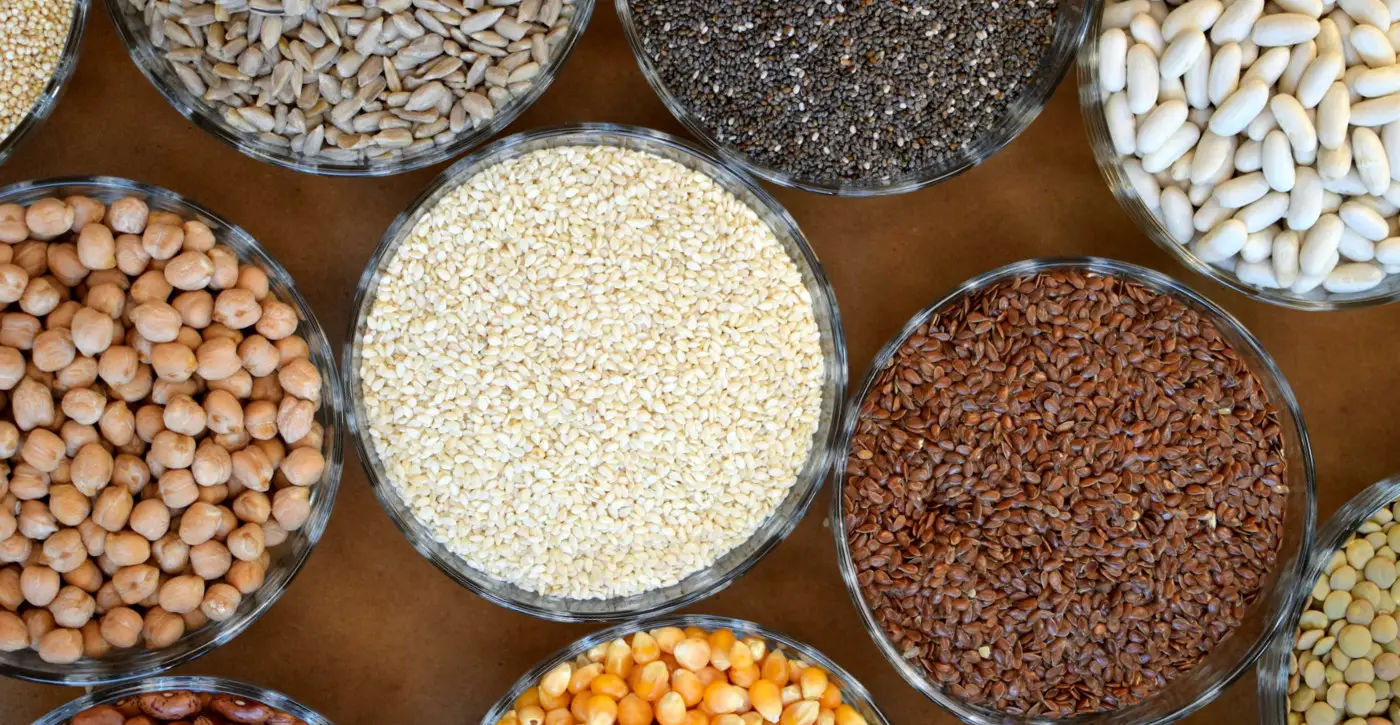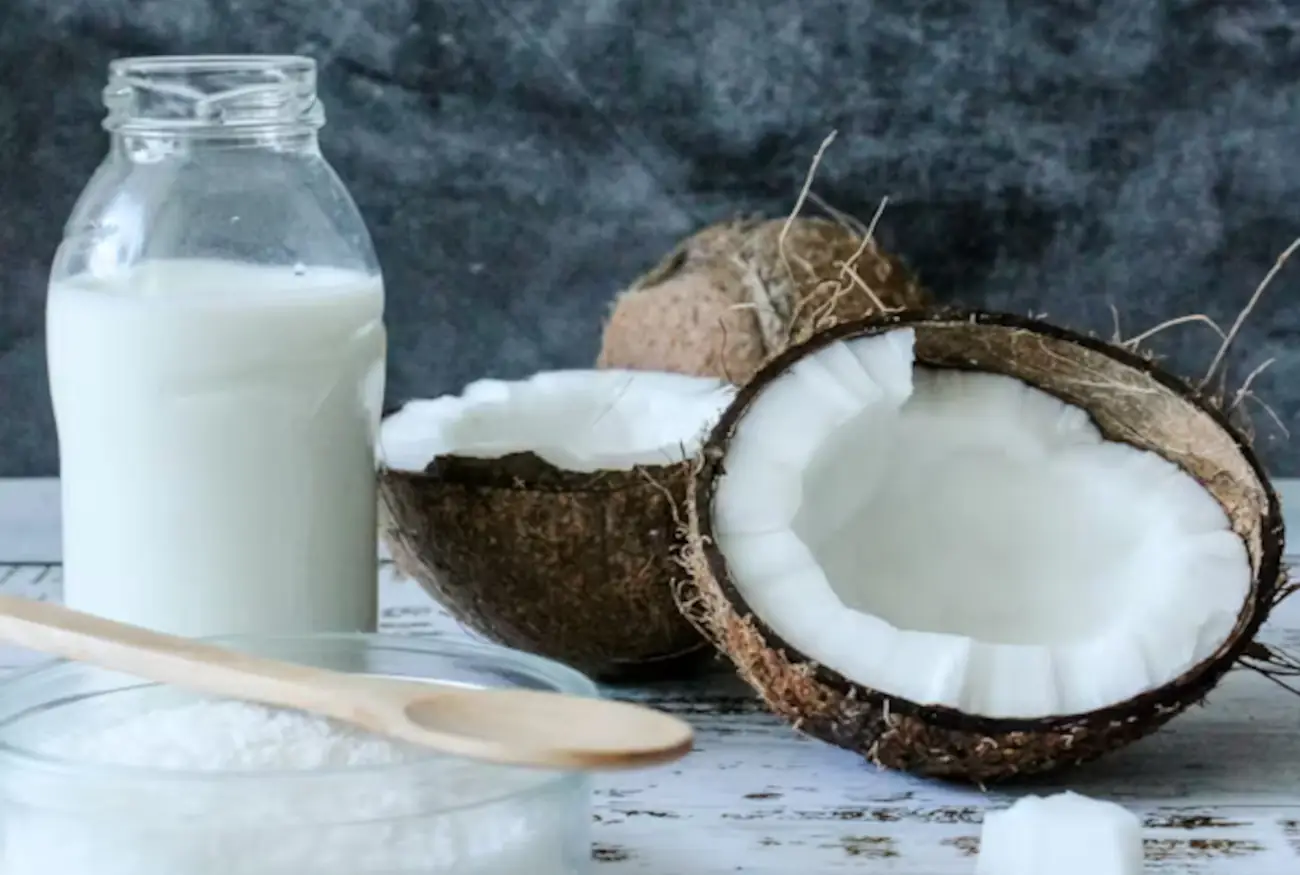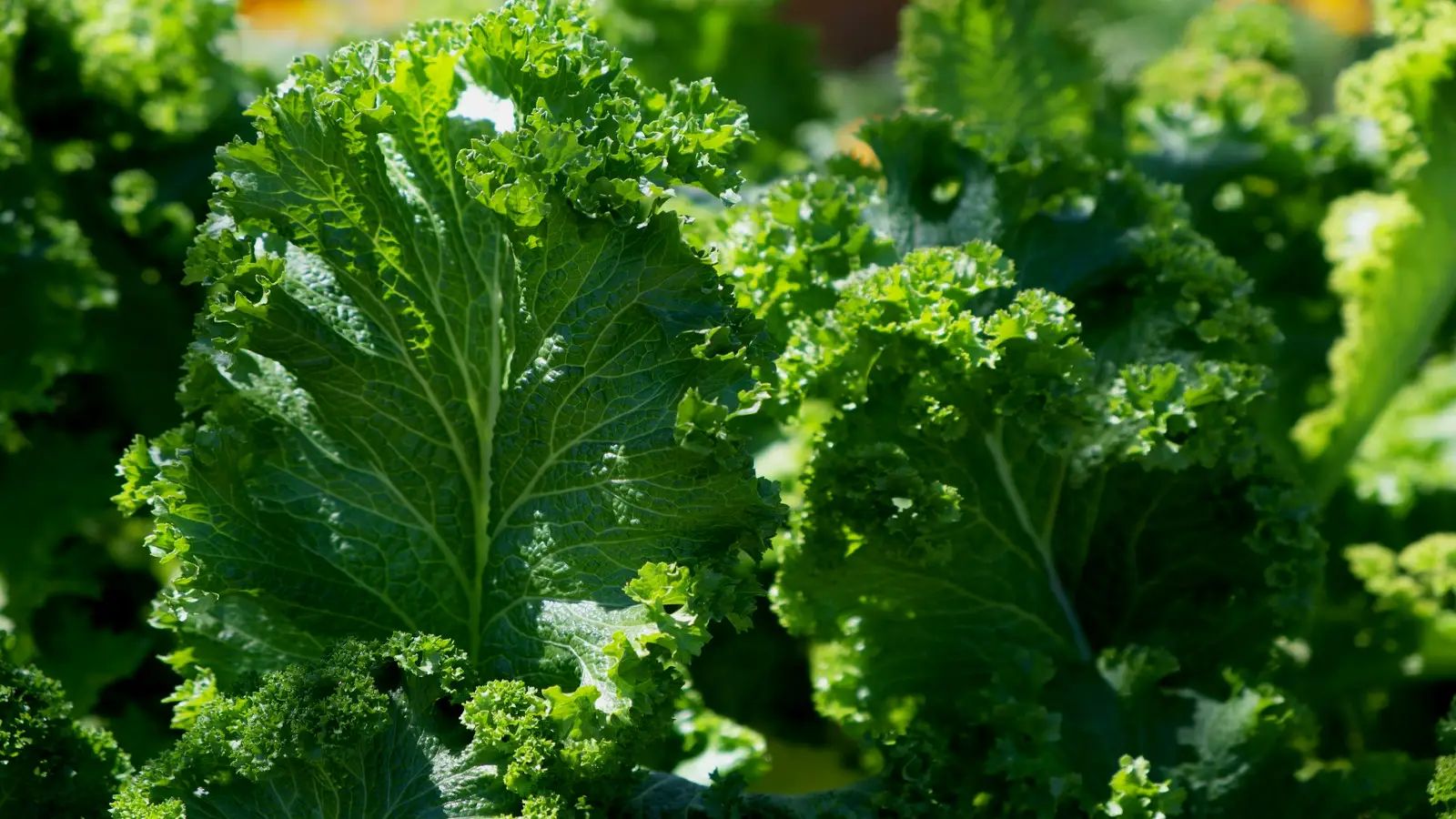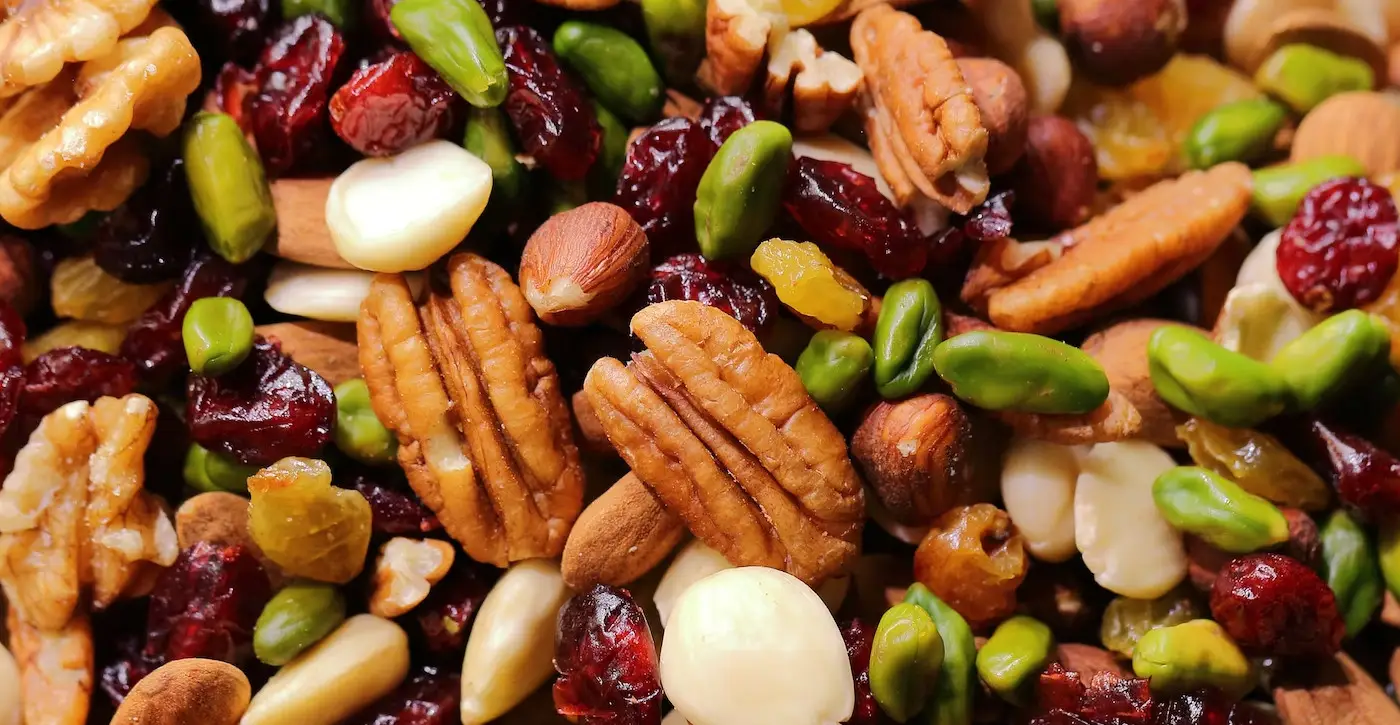Swiss Chard Lysine and Arginine Info Sheet
Overview
Swiss chard is a leafy green vegetable that has a mild and slightly sweet flavor.It is related to beetroot and spinach, and has colorful stems and veins.
It is high in vitamin A, vitamin C, vitamin K, and magnesium.
Swiss chard can be eaten raw, cooked, or sautéed. It is often used in salads, soups, pies, and casseroles.
| Name | Lysine (mg/100g) | Arginine (mg/100g) | Ratio |
|---|---|---|---|
| Swiss Chard | 36mg | 42mg | 0.857 |
Swiss Chard contains 36mg of Lysine and 42mg of Arginine per 100g of product.
This means Swiss Chard has a neutral Lysine-Arginine ratio of 0.857.
Because Swiss Chard has a neutral ratio of lysine and arginine, it does not have a significant impact on people who suffer from herpes, as it does not affect the viral activity.
Lysine Considerations
Swiss chard is not a good source of lysine, as it contains only 36 mg of lysine per 100 grams of food.
Lysine is an essential amino acid that is important for protein synthesis, collagen formation, and immune function.
It's one of the nine amino acids that the body can't produce, so it must be included in our diet.
Lysine has many roles in the body, such as aiding in growth, healing, energy production, immune function, and the production of collagen.
Research indicates that lysine may have an impact on the herpes virus, which is responsible for cold sores and genital sores.
Taking lysine supplements or using lysine cream could potentially prevent or treat these infections by stunting the amino acid arginine, which the virus requires for growth.
Arginine Considerations
Swiss chard is also not a good source of arginine, as it contains only 42 mg of arginine per 100 grams of food.
Arginine is a semi-essential amino acid that is involved in nitric oxide production, wound healing, and blood pressure regulation.
Arginine has different benefits for our overall health and performance, such as lowering blood pressure, enhancing wound healing, and increasing exercise endurance.
Arginine can also affect the herpes virus, which causes cold sores and genital herpes.
Studies suggest that arginine may help the virus grow and cause outbreaks, so people with herpes may want to avoid foods that are high in arginine or take lysine supplements to block its effects.
Lysine-Arginine Ratio
Swiss chard has a low lysine-arginine ratio of 0.857, which means it has more arginine than lysine.
This ratio may affect the balance of these amino acids in the body, and may have implications for viral infections, such as herpes simplex virus (HSV), which requires arginine for replication.
The herpes simplex virus, which causes oral and genital herpes, needs arginine to multiply and infect cells.
Lysine, on the other hand, can interfere with the absorption of arginine in the intestine, and thus limit the availability of arginine for the virus.
By eating a diet higher in lysine than arginine, one may be able to prevent or treat herpes flare-ups.
Foods that have a high lysine-arginine ratio include milk, cheese and yogurt, fish, poultry, fruits, and vegetables.
These foods can supply the body with sufficient lysine to compete with arginine and inhibit the virus from replicating and causing outbreaks.
Dietary Considerations
Dark leafy greens are a type of vegetable that is generally rich in in fiber, calcium, iron, and vitamin K.
Dark leafy greens are a great source of both lysine and arginine, but the amount is almost equal.
This means that dark leafy greens have a balanced ratio of lysine to arginine, which makes them neither beneficial nor harmful for people with herpes.
Dark leafy greens can be eaten raw, cooked, or blended in smoothies.
Some examples of healthy dark leafy greens you should add to your diet are spinach, kale, collard greens, and Swiss chard.
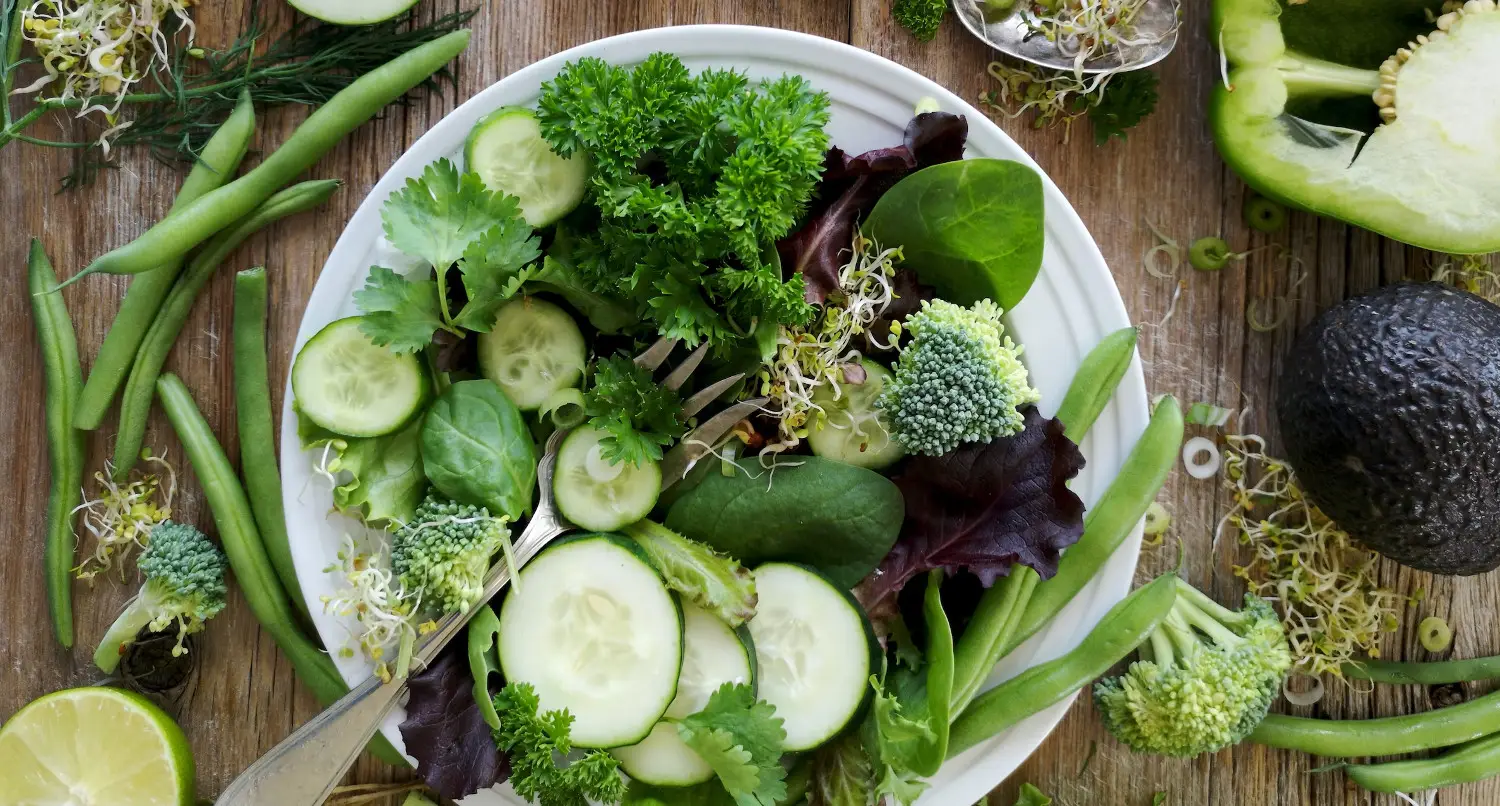
For example:
A diverse and nutritious diet that supports your immune system and fights inflammation is essential.
This means you should eat lots of fruits, vegetables, whole grains, lean protein, and healthy fats, and steer clear of processed foods, added sugars, alcohol, and caffeine, which can harm your health.
Drinking enough water to keep yourself hydrated and remove toxins from your body.
Water can also help prevent dryness and irritation of the skin and mucous membranes, which can result in fewer outbreaks.
You may want to take l-lysine supplements.
L-lysine is known to prevent herpes outbreaks and it can help stop a cold sore in its initial stages by "starving" the virus of arginine before it has a chance to cause a cold sore.
To prevent outbreaks, avoid foods that can cause allergic reactions or sensitivities, such as gluten, dairy, nuts, eggs, or shellfish.
These foods can harm your immune system and make inflammation worse.
Eating foods that can soothe your symptoms and speed up your healing process, such as honey, yogurt, aloe vera, and chamomile.
These foods have anti-inflammatory, antiviral, and antibacterial properties that can reduce pain, swelling, and itching, and promote tissue repair.
Check more food information
